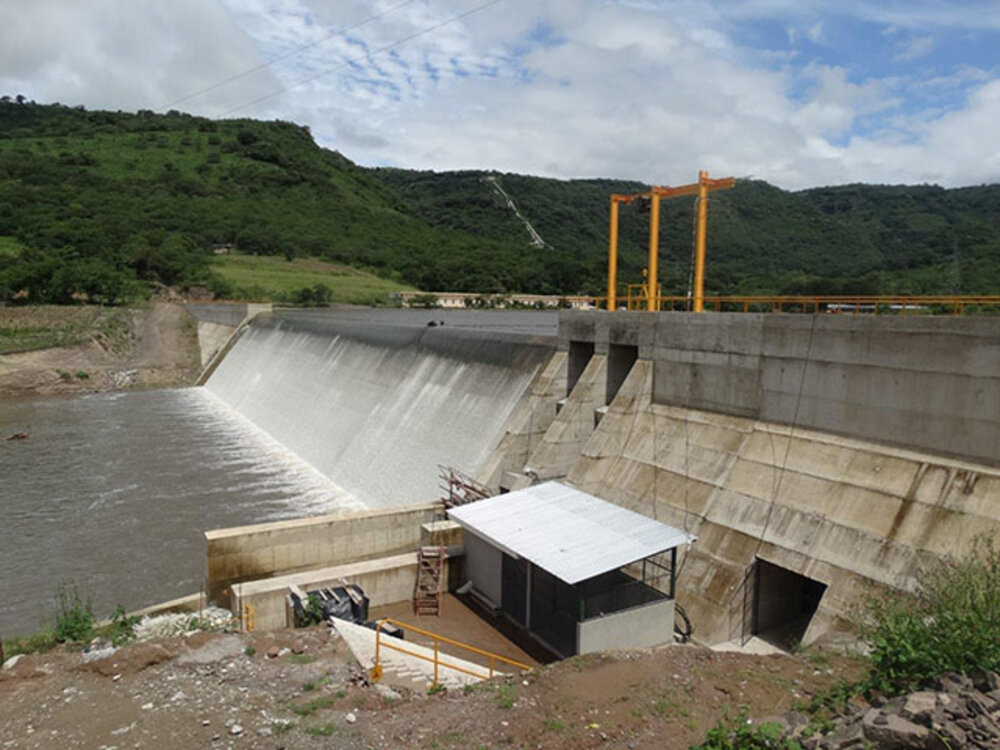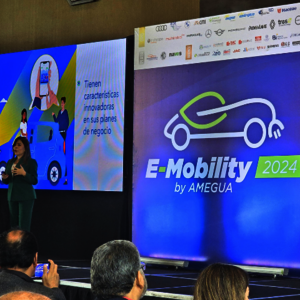CABEI Board approves new 2018-2022 Nicaragua Country Strategy

CABEI plans to approve operations for US $2 billion and disburse US $1.6 billion during the strategic period, which represents an increase of 14.3% and 68.8%, respectively, with respect to the previous country strategy.
Managua, February 27, 2018.- During its February session, the Board of Directors of the Central American Bank for Economic Integration (CABEI) approved the "2018-2022 Nicaragua Country Strategy" which will contribute to fostering inclusive economic growth capable of generating quality jobs, and continuing with the reduction of poverty and inequality, in harmony with the environment and with gender equity.
The new Nicaragua Country Strategy will give continuity to the achievements of the 2013-2017 Strategy with the materialization of spaces of agreement between the Nicaraguan authorities and CABEI's strategic institutional approach, and the continuous support to the development priorities of Nicaragua for the next five years.
CABEI will support Nicaragua with financing to implement operations in the six focus areas of the institutional strategy, with an emphasis on road infrastructure projects for market access and international trade, energy transmission, water and sanitation, social interest housing and management of climate change, among others.
The programmed operations contemplate the approval of resources in the order of US $2 billion and disbursements of US $1.6 billion, which would represent an increase of 14.3% and 68.8%, respectively, with respect to the 2013-2017 country strategy.
In this context, the Bank's Executive President, Dr. Nick Rischbieth, said "the recently approved Country Strategy represents an opportunity to continue strengthening the importance of CABEI in Nicaragua and its position as a strategic partner of the Central American region, facilitating the provision of resources with opportunity and flexibility. One example of this is the effective approval of US $2.053 billion in the 2012-2017 period, higher than the initial programming of US $1.426 billion.
Other figures that reflect CABEI's impact in Nicaragua during the period of the 2013-2017 country strategy refer to a contribution of 47.1% in the total kilometers of roads built, a flow of disbursements that represented 23.0% of the Direct Foreign Investment (DFI), and support for the execution of 33,202 new connections to the drinking water network, which represented 72.2% of those generated at the national level, among others.
Thus, CABEI reaffirms its commitment to Nicaragua to contribute to the country's economic and social development with projects that strengthen its competitiveness and capacity to successfully face its challenges, in compliance with the provisions of its constitutive mandate.






